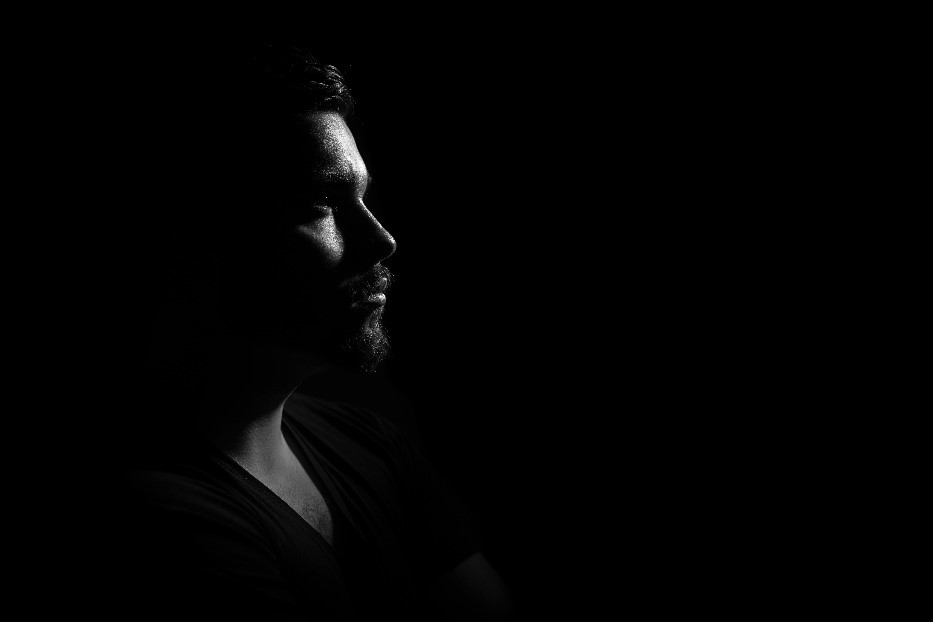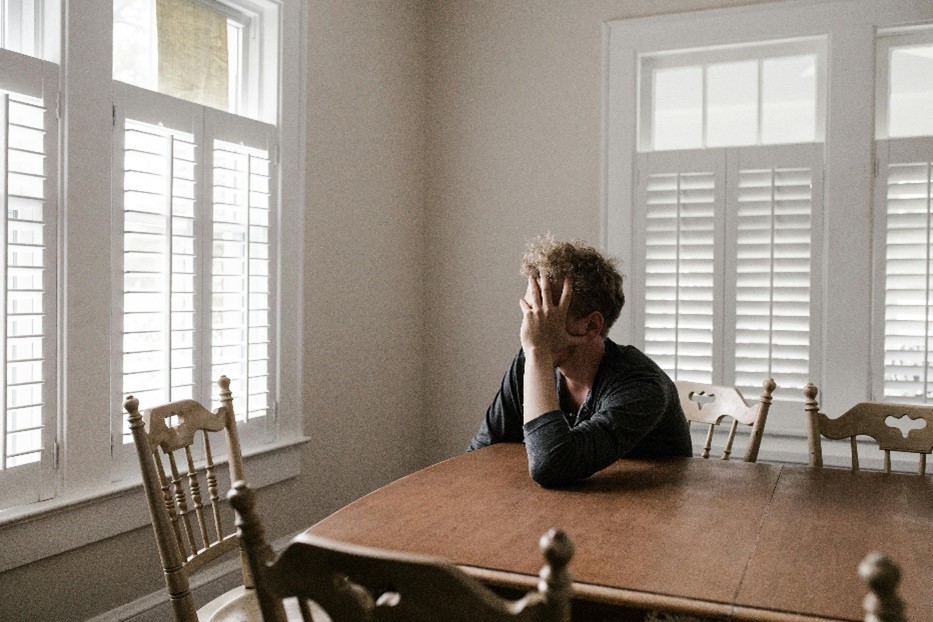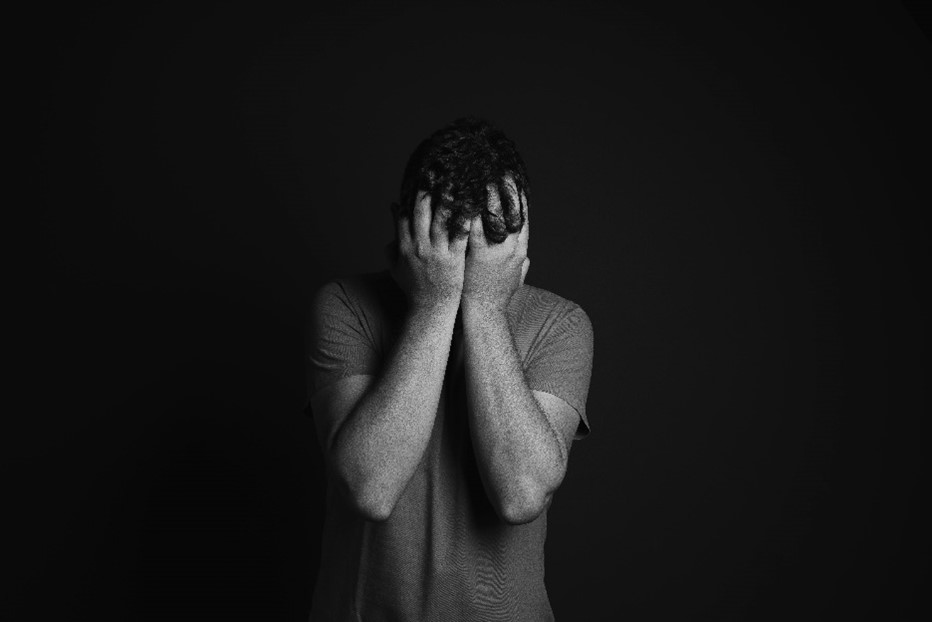
The grief of losing a child or young person suddenly and unexpectedly is something that most of the population will never have to experience. However, when you find yourself in this devastating situation, it is important to note that grief is a complex and deeply personal emotion that can manifest in a multitude of ways.
Yet, when it comes to men and grief, societal expectations dictate how this grief should be processed and expressed. Traditionally, men have been socialised to be strong, stoic, and unemotional, which can lead to a restrictive and limiting approach to mourning. At 2wish we know that it is time to challenge these outdated norms and allow men to grieve in a way that feels authentic and natural to them.
The expectation that men should be tough and unemotional in the face of loss can be damaging and isolating. It can lead to feelings of shame, guilt, and anxiety when they do exhibit emotions, which can further exacerbate their grief and result in greater levels of trauma that can feel impossible to face.
This cultural conditioning can make men feel like they are not allowed to grieve, or that their emotions are somehow less valid than those of women. In addition to the expectation of how men grieve, there is also an expectation that they will be the person who holds the rest of the family together, meaning that they must keep their own feelings at bay to be what everyone else needs. For many men, this expectation leads others to see them as being uncaring or unbothered about their child’s death – a fact that is far from the reality they are facing.

The reality is that men do grieve, and they do it in a wide range of ways. Some may cry, some may get angry, some may become withdrawn, and others may throw themselves into work or hobbies to cope. There is no one “right” way to grieve, and men should be free to express their emotions in a way that feels authentic to them and ensures that others offer them the space and support they need to take.
One of the most significant barriers to men’s grief is the stigma surrounding emotional expression. From a young age, boys are often taught to suppress their emotions, with phrases like “boys don’t cry” and “toughen up” perpetuating the idea that emotional vulnerability is a weakness. This can lead to a sense of shame and embarrassment around emotional expression, making it difficult for men to open up and share their feelings.
The pressure to be strong can lead to a sense of isolation and disconnection from others. When men are expected to keep their emotions bottled up, they may struggle to form meaningful connections with others, including their loved ones, friends, and even their own children. This can exacerbate feelings of loneliness and disconnection, making the grieving process even more challenging, and can cause damage to the relationships that mean the most to them.

In contrast, allowing men to grieve in a way that feels authentic to them can have a profoundly positive impact. When men are given the freedom to express their emotions, they are more likely to form deeper connections with their loved ones and feel that they have been authentic in handling their loss.
Some of the most authentic ways for men to grieve include:

The team at 2wish is focused on providing the absolute best support to anyone who has been affected by the sudden and unexpected death of a child or young person under the age of 25. Whether you are finding it hard to navigate your grief or want more advice or information about what we do, the 2wish team would love to hear from you.
However, we also have specific support available to men and are committed to providing the best help and guidance for any bereaved man. All you need to do is let our team know and we will be there for you. Find it hard to ask for help? Why not join our 2wish Men’s Community on Facebook and get support from other men?
You can call us on (01443) 853125 or email us at [email protected] and we will do our utmost to provide you with the help you are looking for. Reach out today and talk to one of our team.
2wish Head Office
Unit 3, Sovereign Court
Sterling Drive
Llantrisant
Rhondda-Cynon-Taff
CF72 8YX
